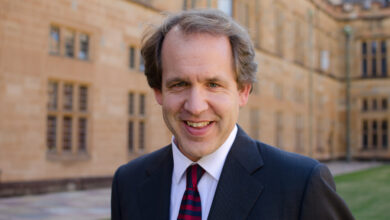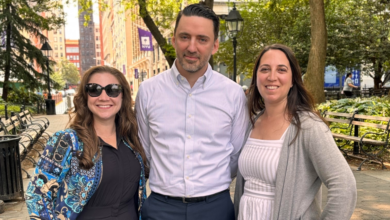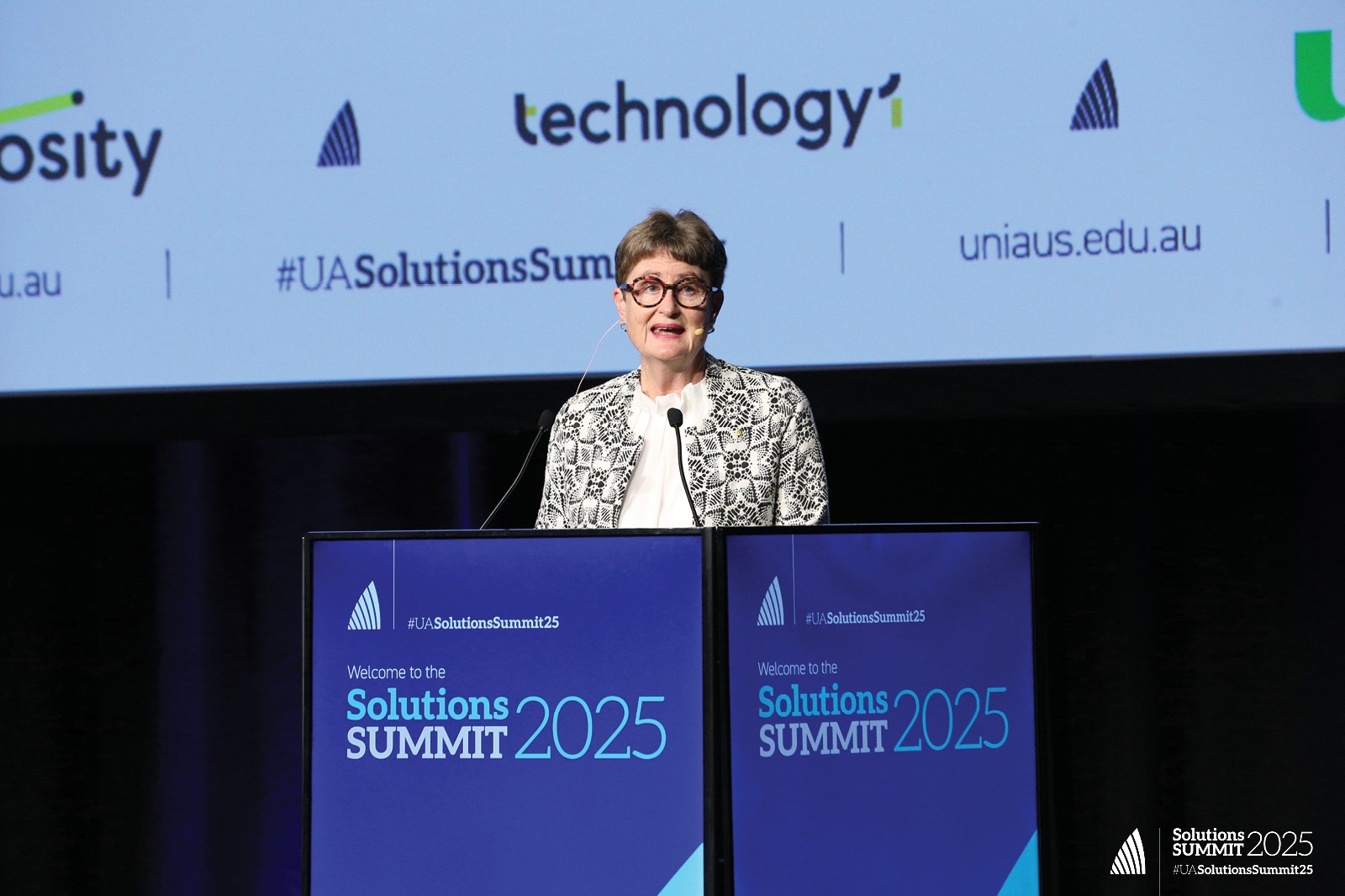NewsPodcastsTop Stories
Week in review: Ramsay Centre, opinion polls and radical university models

Hi, I’m Wade Zaglas, education editor for Campus Review. Welcome to our second roundup of the key stories and issues of the week. You can either read the summary or listen to the podcast below.
Please login below to view content or subscribe now.





